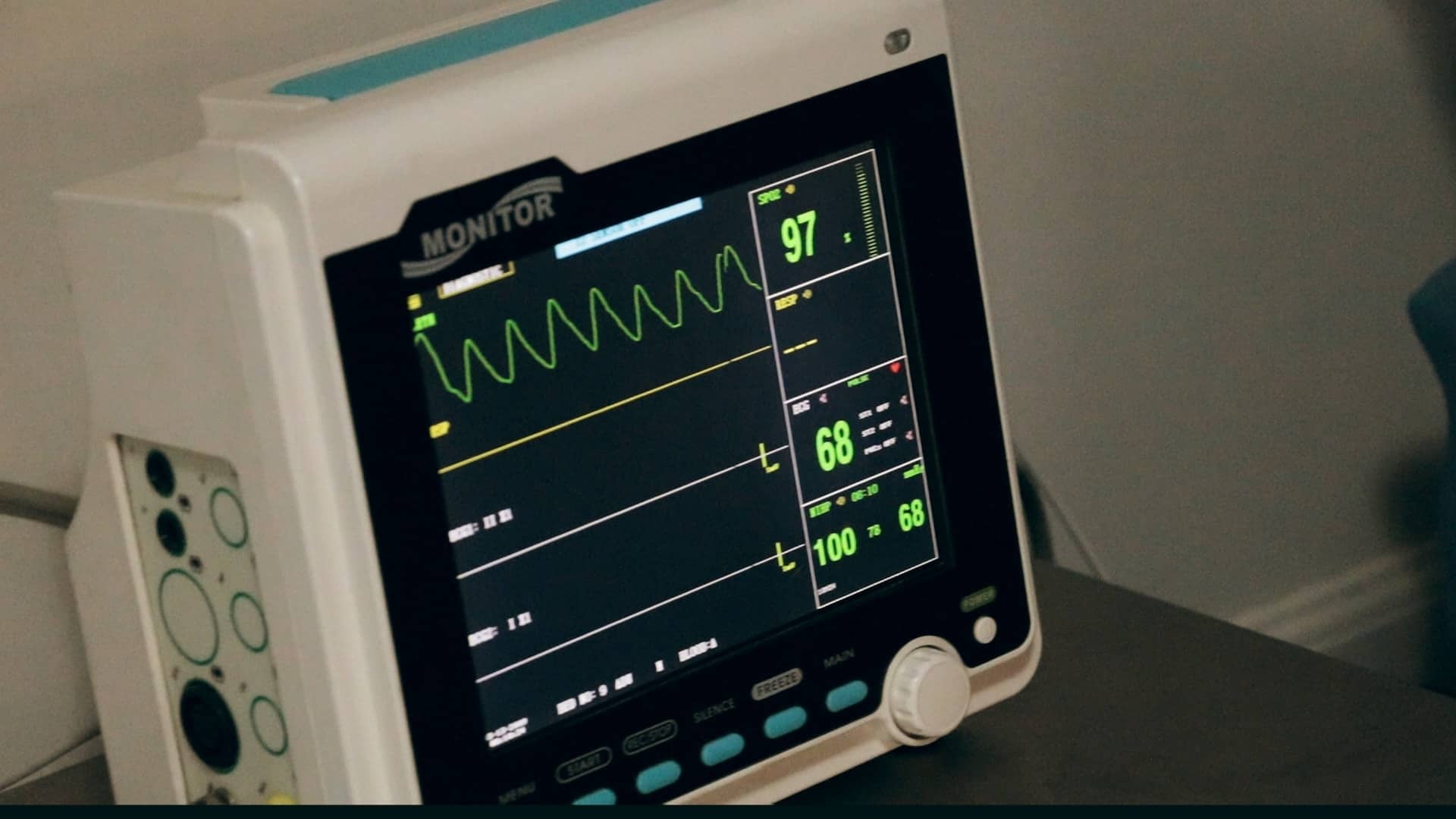Misdiagnosis and delayed diagnosis are issues that can have serious consequences for patients and can lead to clinical negligence claims. In the United Kingdom, medical professionals are held to high standards of care, and any deviation from these standards that results in harm to a patient may lead to legal action. In this article, we will delve into what is considered a delay in diagnosis, what is considered a misdiagnosis, and the legal implications surrounding clinical negligence claims in the UK.
Understanding Delayed Diagnosis
A delay in diagnosis occurs when a healthcare provider fails to identify a medical condition in a timely manner. This delay can have significant repercussions for patients, as it may result in the progression of the disease, worsened prognosis, and reduced treatment options. Delayed diagnosis cases are often associated with serious illnesses such as cancer, where early detection is crucial for successful treatment.
A delay in diagnosis can take various forms, including:
Failure to Recognise Symptoms: Healthcare professionals may fail to recognize or dismiss a patient’s symptoms, leading to a delay in diagnosis. For instance, a persistent cough that is repeatedly attributed to a minor respiratory infection might actually be an early sign of lung cancer.
Misinterpretation of Test Results:
Another common scenario is the misinterpretation of test results. Radiological images, blood tests, and biopsies must be accurately analysed, and any errors in interpretation can lead to a delay in diagnosing conditions like tumours or infections.
Referral Delays:
Sometimes, the delay occurs when a healthcare provider fails to refer a patient to a specialist promptly. For instance, a primary care physician may delay referring a patient with suspicious skin lesions to a dermatologist, resulting in a delay in diagnosing skin cancer.
Communication Failures:
In certain cases, a delay in diagnosis is due to communication breakdowns among healthcare providers. Important information may not be shared between specialists, leading to missed diagnoses.
The Consequences of Delayed Diagnosis
Delayed diagnosis can have severe consequences for patients. For example, if cancer is not diagnosed at an early stage, it can progress to an advanced and less treatable stage. Delayed treatment may also necessitate more aggressive interventions, such as extensive surgeries or chemotherapy, which may not have been required if the condition had been identified earlier.
Moreover, patients and their families may experience emotional distress, financial burdens, and a reduced quality of life due to a delayed diagnosis. The emotional toll of knowing that a loved one’s suffering could have been minimised through timely medical intervention is immeasurable.
What Constitutes a Misdiagnosis?
A misdiagnosis occurs when a healthcare provider diagnoses a patient with the wrong medical condition or fails to identify the correct condition. Misdiagnoses can lead to inappropriate treatment, unnecessary procedures, and further harm to the patient.
Misdiagnoses can take several forms, including:
Incorrect Diagnosis: This occurs when a healthcare provider attributes a patient’s symptoms to the wrong medical condition. For example, diagnosing a heart attack as indigestion can have life-threatening consequences.
Missed Diagnosis: In some cases, healthcare professionals may completely miss diagnosing a condition, leaving the patient untreated. This can occur when symptoms are atypical or not adequately investigated.
Overdiagnosis: Overdiagnosis happens when a patient is diagnosed with a medical condition that they do not actually have. This can lead to unnecessary treatments, medications, and psychological distress.
Delayed Diagnosis: As mentioned earlier, delayed diagnosis can also be considered a form of misdiagnosis because it involves a failure to diagnose the condition in a timely manner.
The Legal Implications: Clinical Negligence Claims
In the United Kingdom, clinical negligence, often referred to as medical malpractice in other jurisdictions, encompasses situations where healthcare professionals provide substandard care that results in harm to a patient. Both misdiagnosis and delayed diagnosis can be grounds for clinical negligence claims when they meet certain criteria.
To establish a clinical negligence claim, the following elements must be proven:
Duty of Care: The healthcare provider owed a duty of care to the patient. This is generally straightforward, as healthcare professionals have a legal obligation to provide a reasonable standard of care to their patients.
Breach of Duty: It must be demonstrated that the healthcare provider breached their duty of care by deviating from the accepted standard of practice. This is where expert testimony is often crucial to determine whether the healthcare provider’s actions fell below the expected standard.
Causation: There must be a direct link between the healthcare provider’s breach of duty and the harm suffered by the patient. In other words, the breach must be the cause of the patient’s injury or worsened condition.
Harm: The patient must have suffered harm as a result of the breach of duty. This harm can take various forms, including physical injuries, emotional distress, and financial losses.
Making a Clinical Negligence Claim with National Claims
At National Claims, we understand that dealing with clinical negligence claims can be a daunting and emotionally challenging claims process. Our mission is to provide support and guidance to individuals who have suffered due to misdiagnosis or delayed diagnosis. Here’s how we can help you navigate the complex world of clinical negligence claims.
Initial Consultation
The journey begins with an initial consultation. When you contact National Claims, our dedicated team of clinical negligence solicitors will schedule a meeting with you. During this consultation, we listen carefully to your story, gather essential details, and assess the viability of your claim.
Expert Evaluation
Once we have a clear understanding of your case, we take the next step by obtaining your medical records and seeking expert opinions from medical professionals in the relevant field. These experts play a crucial role in evaluating whether the healthcare provider’s actions constituted clinical negligence.
Letter of Notification
If our evaluation indicates that you have a valid claim, we will prepare a comprehensive letter of notification. This letter is sent to the healthcare provider or their insurance company, outlining the allegations of clinical negligence and the harm you have suffered. Our experienced solicitors ensure that your case is presented professionally and effectively.
Compensation
When the court decides in your favour, National Claims ensures that you receive the compensation you are entitled to. This compensation can cover various damages, including medical expenses, lost income, pain and suffering, and other relevant costs related to the clinical negligence you have endured.
At National Claims, we understand the emotional toll that clinical negligence can take on individuals and their families. Our compassionate and professional team is here to support you every step of the way. We are committed to providing the highest level of legal representation and guiding you through the process with empathy and care.

Conclusion
Misdiagnosis and delayed diagnosis are serious issues that can lead to clinical negligence claims in the United Kingdom. Patients have the right to expect a reasonable standard of care from healthcare providers, and when this standard is not met, legal action may be necessary to seek justice and compensation.
Understanding the nuances of what constitutes a delay in diagnosis and a misdiagnosis is crucial for anyone who believes they have been a victim of clinical negligence. Additionally, seeking legal advice from experienced clinical negligence solicitors, such as those at National Claims, is essential to navigate the legal process effectively.
National Claims is dedicated to helping individuals who have suffered due to clinical negligence. From the initial consultation to expert evaluation, negotiation, court proceedings, and compensation, we are here to provide support and guidance throughout your journey. Our mission is to ensure that you receive the compensation you deserve and that healthcare providers are held accountable for their actions.
If you or a loved one has experienced a delay in diagnosis or a misdiagnosis that has resulted in harm, do not hesitate to reach out to National Claims. We are here to advocate for your rights and work tirelessly to achieve a positive outcome for your case. Your well-being and justice are our top priorities, and we are committed to standing by your side throughout the entire clinical negligence claims process.
Contact us today to get started on your clinical negligence claim with the help of our claims specialists.
Click below to see why we are one of the most trusted claims management companies in the UK.

We’re proud of our excellent customer reviews
We thrive on delivering exceptional service and ensuring our clients’ satisfaction. Don’t just take our word for it. Check out some of our independent reviews to see what our clients have to say.
Excellent

This firm is excellent, they sorted out my car pay out and injury claim very fast, they always communicate with you all the time.

My accident case was dealt with confidence and with great result of the outcome, especially James kept me informed all the time.

I was very impressed at the way my inquiry was treated. I was listened to attentively and everything I needed to know was explained to me.






